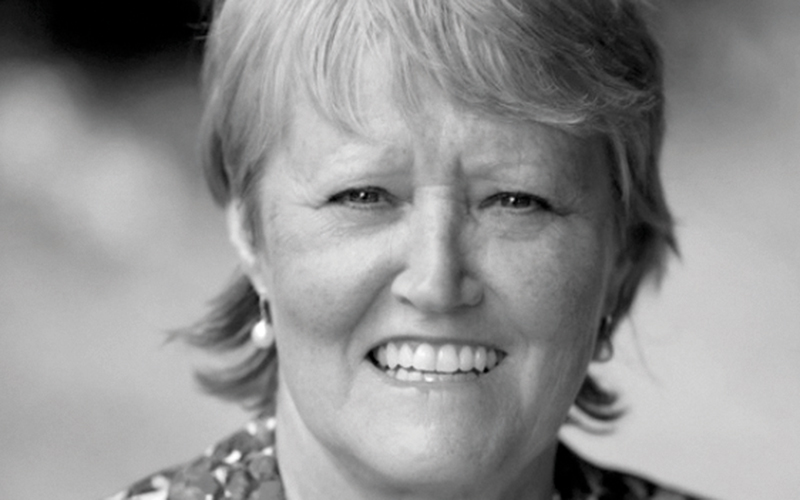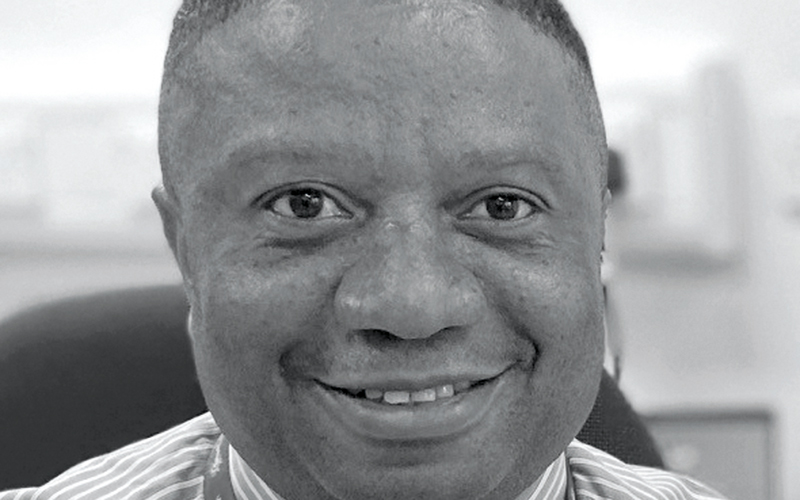This month we ask: Modernising Scientific Careers was hoped to address skills shortages by standardising education and training pathways. How successful in this do you think it has been?

Professor Dame Sue Hill

Chief Scientific Officer for England
NHS England
Modernising Scientific Careers (MSC) created an education, training and career pathway across 50+ scientific disciplines and professional groupings.
A clinical scientist training programme (STP) introduced methodologies aligned to medical trainees for recruitment, training and assessment, underpinned by a Masters in clinical science – 2700+ have completed the STP. A central tenet was equivalence – recognising prior experience and knowledge has enabled biomedical scientists to become clinical scientists. The five-year Higher Specialist Scientific Training programme leading to a doctorate in clinical science has seen 110 individuals graduate and take up consultant-level roles. The apprenticeship programme has formalised routes for support workers and introduced flexibility to meet service needs. A key success of MSC was the creation of the National School for Healthcare Science (NSHCS), enabling consistency in the delivery of education, training and assessment, the introduction of postgraduate diplomas/certificates, and a national role in apprenticeships.
The Academy for Healthcare Science was established to undertake and support multiple activities alongside professional bodies, the NSHCS and regulators. It has seen voluntary regulation introduced for parts of the HCS workforce not subject to statutory arrangements. The NHS Long Term workforce plan will provide a renewed focus on recruitment, retention and reform in the context of MSC and its future direction.
Azuma Kalu

Laboratory Manager/Head of Service
Specialised Clinical Chemistry and Toxicology, Sheffield Teaching Hospitals NHS Foundation Trust
With over 50 specialities across life sciences, physiological sciences, physical sciences, data science and bioinformatics, MSC had an ambitious goal of creating a cohesive professional grouping, defined career structure and workforce fit for the future, in terms of quality, efficiency and better value for money.
Whilst the overriding principle of standardisation of education and training for all healthcare science specialities may have been laudable, it was always going to be a challenge to adopt a one-size-fits-all approach. For newer or less-structured professions, MSC provided the needed boost and structure to their workforce training and education and career enhancement. However, for biomedical scientists with already established protected title, training and education pathways, MSC presented a challenge, and this concern was raised by the IBMS during the consultation.
MSC carried many promises, including greater flexibility in skills and knowledge development, flexibility between disciplines, greater transparency in requirements for career development, clearer and unhindered access to consultant grade healthcare scientist positions and many more.
As a biomedical scientist, I can only measure the success of MSC based on how it has improved training and education as well as career opportunities for UK colleagues. I have found it wanting.
Andrew Usher

Lead Biomedical Scientist
Gloucestershire Hospitals NHS Foundation Trust
The skills shortage that MSC hoped to address still exists. There have been some major wins for the profession, in that there is now a recognised role for consultant biomedical scientists and the HSST programme that was formerly just for clinical scientists has been opened up to biomedical scientists. So, now in areas where there is a shortage of medical staff, such as histopathology and haematology, we are able to attain the skills to take on advanced and extended roles.
However, pathology is seeing an ever-increasing demand for its services so we have had to look for new ways of filling the shortages of staff, rather than relying on MSC. There has been a big growth in the number of apprenticeship pathways and it is these, rather than MSC, that give us the best hope of filling the gaps in our workforce. The apprenticeship route enables us to upskill our support staff, gives another route into the profession and is a valuable addition to the existing pathways.
Get involved
Have your question answered
Is there a big question you would like a panel of experts to answer in a future issue? If so, submit your idea by emailing the editor at [email protected]
Image credit | Shutterstock




